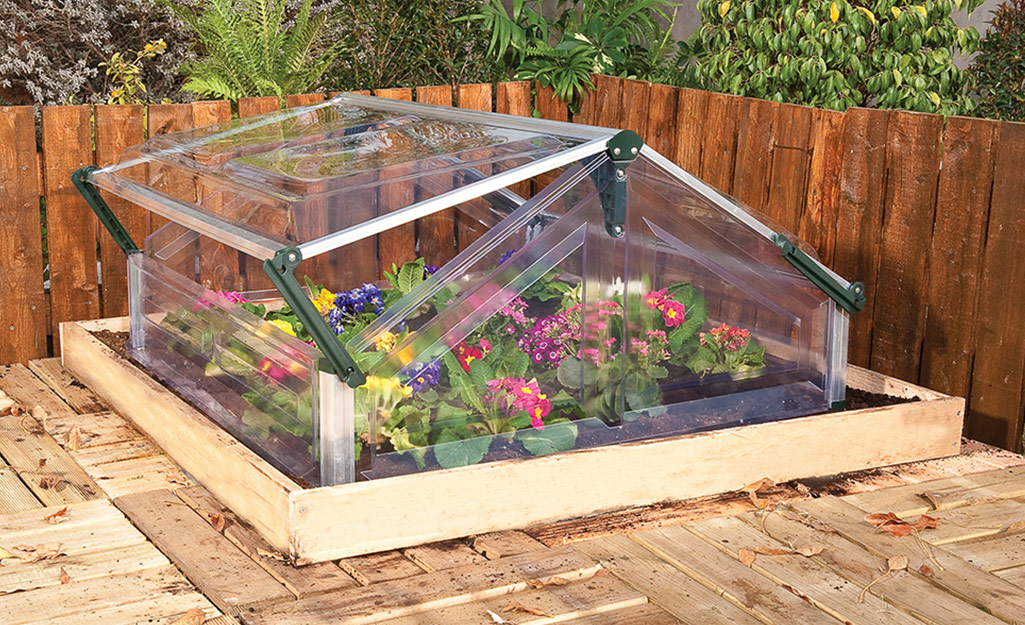Effective Ways to Kill Gnats: Practical Solutions for a Gnat-Free Home in 2025
Are you tired of those pesky critters buzzing around your home? Learning how to kill gnats effectively is essential for a comfortable living space. In this article, we will delve into practical methods and tips that can help eradicate gnats in your home, providing long-lasting relief. We’ll explore natural gnat repellents, DIY traps, and more strategies to reduce gnat populations and maintain a gnat-free environment.
Understanding Gnats: Identifying and Managing Infestations
Understanding gnat behavior and their breeding conditions is crucial for effective gnat control methods. Gnats are often attracted to moist environments where they can reproduce and thrive. While they appear small and harmless, they can disrupt your daily activities. Identifying different types of gnats in your home, such as fungus gnats or fruit flies, allows you to tailor your approach to elimination. Notably, indoor gnat remedies often focus on cleaning out breeding areas—typically damp soil in houseplants or rotting fruit in kitchens.
The Lifecycle of Gnats
The gnat lifecycle comprises several stages: egg, larva, pupa, and adult. Adult female gnats lay eggs in moist soil or overripe fruit, making it paramount to maintain clean surroundings, particularly in your kitchen and near indoor plants. When understanding gnat attraction, it's evident that proper indoor plant care is vital; you should ensure to let the top layer of soil dry out before watering. Recognizing the lifecycle not only aids in treatment options but also in developing effective pest management strategies to prevent further infestations.
Common Breeding Areas for Gnats
To effectively eliminate gnats, it's imperative to address their breeding conditions. Common sources include houseplant soil, fruit bowls, and open garbage. An essential tip in managing gnat infestations is to ensure all food sources are sealed and that any potential breeding grounds are dry. Regularly inspecting your plants and maintaining indoor plant health will deter gnats from taking residence. By proactively managing environmental factors, you can significantly reduce gnat populations and prevent annoying infestations.
Effective Gnat Control Products and Methods
Utilizing the right gnat control products plays a pivotal role in getting rid of gnats. There are numerous options available, from **gnat sprays** to homemade traps. Choosing the best way to kill gnats will depend on the severity of your infestation and personal preferences concerning chemical exposure. While some may opt for chemical solutions, others might find comfort in eco-friendly pest control methods. Regardless of your choice, understanding the various options available will help you achieve effective gnat removal.
Homemade Gnat Traps
Creating **DIY gnat traps** is a simple and cost-effective method to tackle gnat problems at home. One of the easiest traps is the **apple cider vinegar gnat trap**. To create one, mix apple cider vinegar and a few drops of dish soap in a jar. The gnats are attracted to the vinegar, and the soap reduces surface tension, causing the bugs to drown. Additionally, a **sugar water gnat trap** can be created by mixing one tablespoon of sugar in warm water. Pour it in a jar; the sweet scent will draw them in. Placing several of these traps around your home can significantly reduce gnat populations.
Best Store-Bought Gnat Control Products
If you prefer to use commercial products, various gnat control products are available. **Gnat sprays** designed specifically for pest elimination can be quite effective, as they tend to target both adult gnats and their larvae. Another option worth considering is pre-made **gnat traps for indoors**, which utilize attraction methods to capture gnats efficiently. Always follow the safety instructions to ensure the well-being of your household while using these products. Regular monitoring and combination with home remedies can lead to successful gnat extermination.
Natural Gnat Repellents and Prevention Tips
Preventing gnat infestations starts with appropriately caring for your home and implementing gnat prevention tips. Using **natural gnat repellents**, such as essential oils, can create a hostile environment for pests. Certain oils like peppermint, lavender, and eucalyptus not only repel gnats but also provide pleasant scents within your home. Incorporating these oils into a spray or humidifier can assist in keeping your living space gnat-free.
Essential Oils as Gnat Deterrents
Essential oils have gained popularity as effective natural insect repellents. When tackling gnats, consider creating a homemade pest control spray using a mixture of water and a few drops of essential oil. Not only will it deter gnats, but it also makes for a safer alternative to harsh chemical sprays. Peppermint or lavender oils can be particularly effective when applied around windows, doors, and other entry points. Test different combinations to find what works best, while enhancing your indoor aroma.
Gnat Prevention Strategies for a Gnat-Free Home
Ultimately, the best approach to **eliminate gnats** is through combined efforts in both prevention and control. Consider rotating your methods and frequently changing traps to ward off future infestations. Additionally, be vigilant about cleaning food spills and waste regularly to avoid inviting gnats into your space. Regularly maintaining your plants by ensuring they're well-drained and not overwatered will further minimize breeding areas for these pests. Creating a habit of inspecting high-risk zones will serve as effective prevention.
Conclusion
Understanding how to kill gnats and implementing effective strategies is key to maintaining a comfortable home environment. Be proactive in identifying gnat habitats and breeding behaviors, utilize natural and commercial products wisely, and adopt effective prevention measures. Your determination to manage and reduce gnat populations will lead to a more enjoyable living space free from pest disturbances. Start today and enjoy a gnat-free home!
FAQ
1. What are the signs of a gnat infestation?
Common gnat infestation signs include seeing gnats flying around moist areas, particularly near houseplants and trash cans, and finding them around food sources. Additionally, you may notice larvae in the soil or nearby stagnant water. Spotting these signs early helps you implement pest control methods effectively before the problem escalates.
2. How can I prevent gnats in houseplants?
Preventing gnats in houseplants involves proper watering techniques and maintaining clean soil. Allow the top inch of soil to dry between watering and use well-draining pots. Additionally, consider using sand as a top dressing, as it lessens the likelihood of gnats laying eggs. Regularly inspect for overripe fruits nearby to avoid attracting gnats.
3. What natural methods can I use to eliminate gnats?
Natural methods for eliminating gnats include creating homemade traps using apple cider vinegar or sugar water, incorporating essential oils like peppermint and lavender, and maintaining a clean living environment. Utilizing these eco-friendly approaches helps reduce existing populations while minimizing health risk.
4. Are commercial gnat sprays harmful to pets?
While many commercial gnat sprays are effective, some can pose risks to pets. Always check the label for safety instructions and consider using eco-friendly alternatives if you have pets or small children. Implementing DIY traps can be a safer, effective solution to mitigate your gnat issues.
5. What's the best gnat trap to use at home?
The best gnat trap ultimately depends on your preferences and infestation severity. Many recommend the apple cider vinegar gnat trap for its effectiveness and ease, while store-bought sticky traps provide a simple solution with less mess. Experiment with different traps to find one that best suits your needs.
6. Can gnats cause damage to my houseplants?
Yes, gnats, especially fungus gnats, can harm your houseplants by feeding on the roots and damaging plant health. Larvae can disturb the soil and hinder nutrient uptake, so it's essential to address infestations promptly to protect your indoor plants.
7. How can I ensure long-term gnat control?
To ensure long-term gnat control, implement a combination of approaches: regularly maintain cleanliness, address potential breeding grounds, and utilize traps and natural repellents continuously. Furthermore, create habits to monitor areas that attract pests to remain proactive against future infestations.


